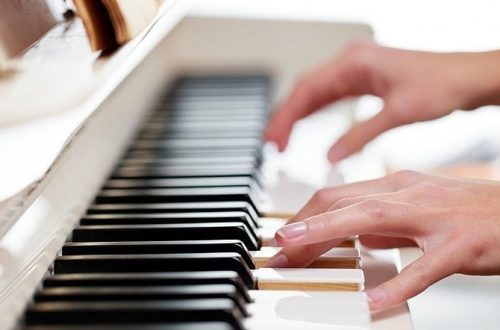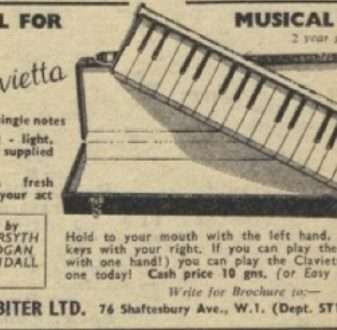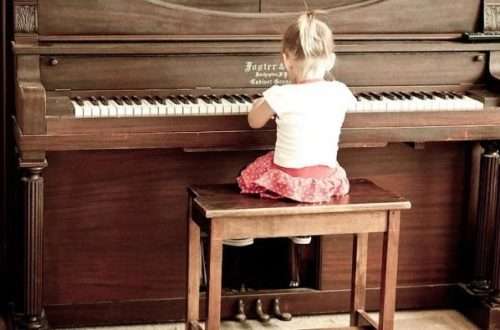
How to learn to play the piano
Contents
To learn how to play the piano, you need to know musical notation, because memorizing the keys does not bring results . After memorizing the notes, they move on to the keys: violin, bass or alto. A beginner needs to know the keys, sizes, arrangement of notes on the lines.
Where to start learning
After learning musical notation, they begin to develop finger motor skills: playing scales, etudes, chords . Thanks to the exercises, the fingers learn to quickly replace each other, to move to other octaves without misses.
It is useful to study with a teacher – then the classes will be as productive as possible. Online video lessons, a piano tutorial, both printed and electronic, will also help.
How to sit properly at the instrument
The landing of the musician should be straight, comfortable, correct. Shoulders are kept straight, back is straight, hands are freely located on the keyboard, feet are flat on the floor. Proper seating helps you play the piano correctly.
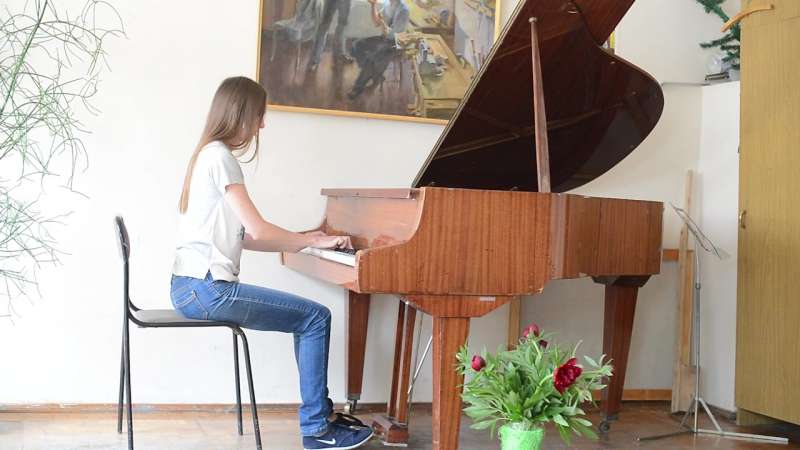
Theory
Before practicing, you need to learn the theoretical base.
Notes and keys
Notes are a written representation of the keys, so a beginner learns:
- Their names.
- Location on the stave and keys.
- How are notes marked on a musical staff?
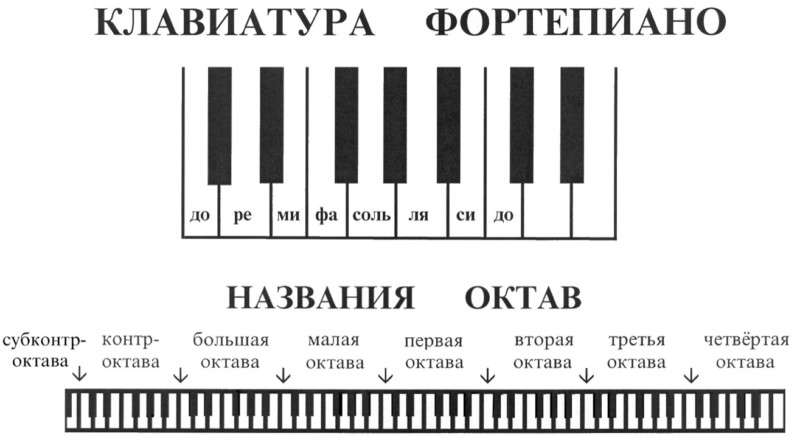
Accidentals
There are three characters: sharp, flat, bekar. The beginner pianist should learn:
- What do they mean (a sharp raises the sound of a note by a semitone, a flat lowers it by a semitone, and a bekar cancels a flat or a sharp).
- as indicated in the letter.
- What notes should be used to play these semitones.
Once again, clearer:

musical scales
The basis of the theory of music is the gamma – a series of sound elements of various lengths, which gives the pianist an understanding of the structure of a piece of music. By playing a scale, you can move up or down the keyboard. It enhances performance. Therefore, a beginner gets acquainted with:
- Gamma structure.
- Its composition.
Having learned the concept of scale, the musician will be able to freely improvise regardless of the key, develop dexterity of hands and fingers. Self-study books or textbooks explain which notes and intervals are included in the scale, due to which its transposition into the key will take place.
There are two main types of scales:
- Major.
- Minor naya.
Among the subspecies are distinguished:
- Harmonic.
- natural.
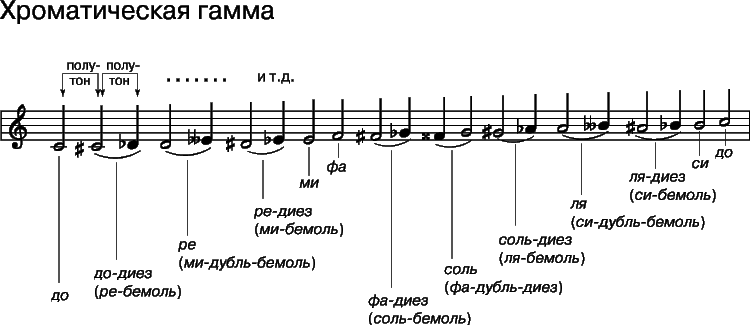
Practicing
Songs on 3 chords
Beginners start by playing simple chords , either major or minor . They are designated by numbers and letters. You can play 4 types of chords :
- Minor and major triad.
- Seventh chords: small minor and small major.

Game tricks and tricks
Accompaniment
Most of the serious and complex works can not do without accompaniment – bass accompaniment of the main melody. A beginner learns simple tricks of playing chords in accompaniment, learns how to play them correctly and hold his hand while playing, begins to play accompaniment in rhythm.
To choose the right accompaniment, pick up the fret , because the melody must be in harmony with the accompaniment.
The most effective exercises
In learning the piano, one should form hands correctly, hone technique, and develop fluency. The technical exercise is the arpeggio . To play it, you need to alternately press the keys on a certain chord with your left and right hands.
For hands, you can perform the following gymnastics:
- Lower down, relaxing the arm to the shoulder as much as possible, imitate the movement of the windmill synchronously.
- Clench your fist and rotate your hand to relax your joints.
- Move the brush in and out, as if twisting a light bulb.
How to motivate yourself
A person must have a desire. The older he is, the easier it is to find reasons why playing the piano for beginners will bring joy and a desire to learn. Piano lessons should be interesting, make you want to learn new things. Therefore, classes with a teacher are suitable, especially for a child. Children rarely motivate themselves, but a teacher with experience and high qualifications will interest the child in playing, and he will go to piano lessons.
Common rookie mistakes
For those who have just started to practice, it is worth advising:
- Don’t rush . If you want to immediately play a large, beautiful work, you need to take small steps to the ability – nothing happens instantly. The student needs to be patient, consistent.
- Don’t skip classes . When they pass with a teacher, a person realizes the need to learn the piano. If a beginner is self-taught, it can be difficult to force yourself to study, but it is necessary to achieve a good result.
- Pick up quality study material . You should trust the video lessons of famous teachers, buy tutorials and textbooks.
- Practice regularly . Some beginners immediately want to learn how to play the piano, but then lose interest. Or they skip classes for several days, and then try to catch up in one day. Such a process will not give a result: it is enough to pay attention to the instrument for 15 minutes a day.
Answers on questions
- Can adults learn to play? – Teaching adults from scratch is of better quality than children. A person knows what he is striving for, and there are no boundaries in learning: the piano can be mastered at any age.
- Do I need to register with a teacher? – If possible, it is better to do it. Then the process will go faster and better.
- Do I need to have a piano at home? – It is advisable to buy an instrument in order to pay attention to classes, especially if a person does not attend a teacher, and a child does not attend a music school.
Summary
To learn how to play the piano, you need to know musical notation, because memorizing the keys does not bring results. After memorizing the notes, they move on to the keys: violin, bass or alto. A beginner needs to know the keys, sizes, arrangement of notes on the lines.
After learning musical notation, they begin to develop finger motor skills: playing scales, etudes, chords . Thanks to the exercises, the fingers learn to quickly replace each other, to move to other octaves without misses.
It is useful to study with a teacher – then the classes will be as productive as possible. Online video lessons, a piano tutorial, both printed and electronic, will also help.
There are no age restrictions, so adults and children can study.


